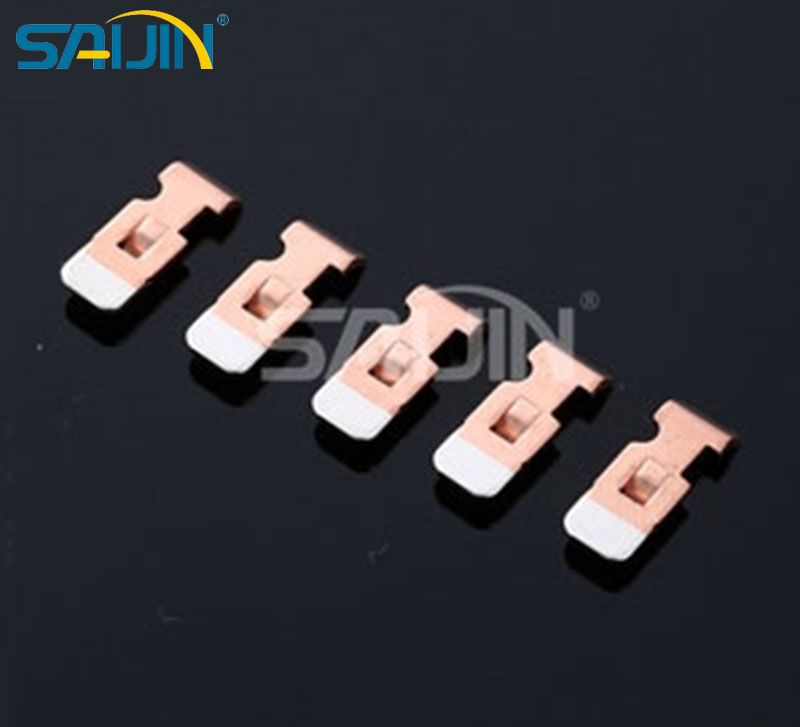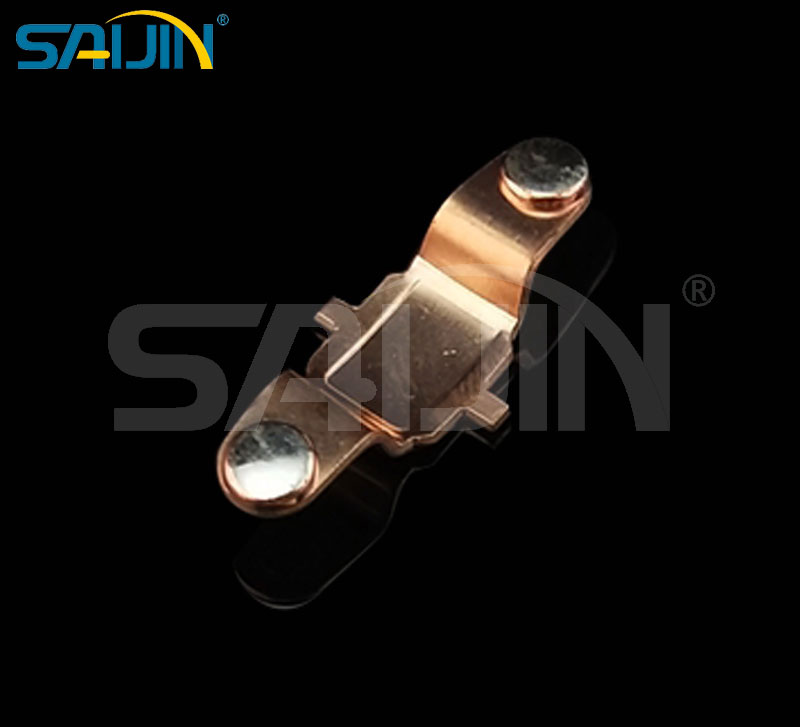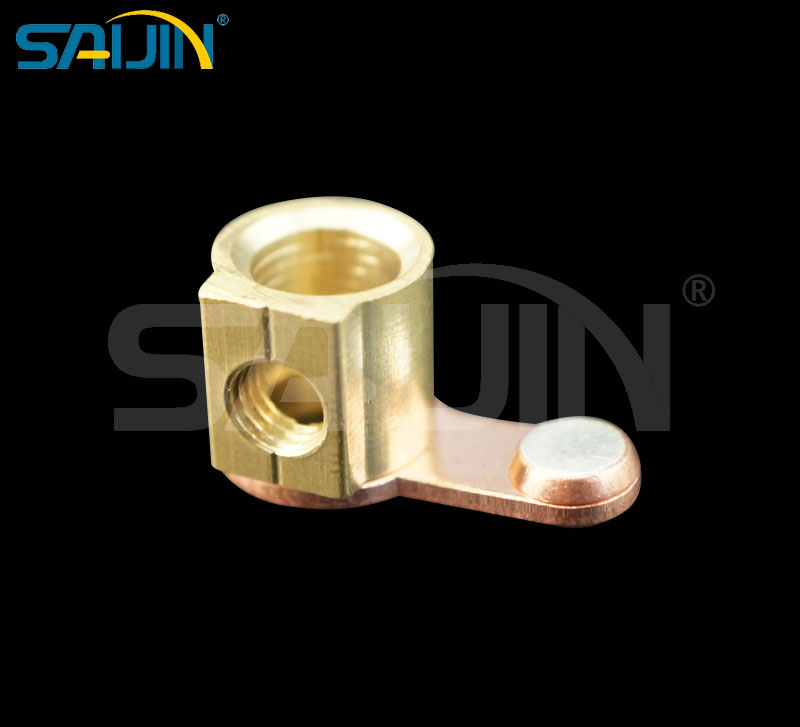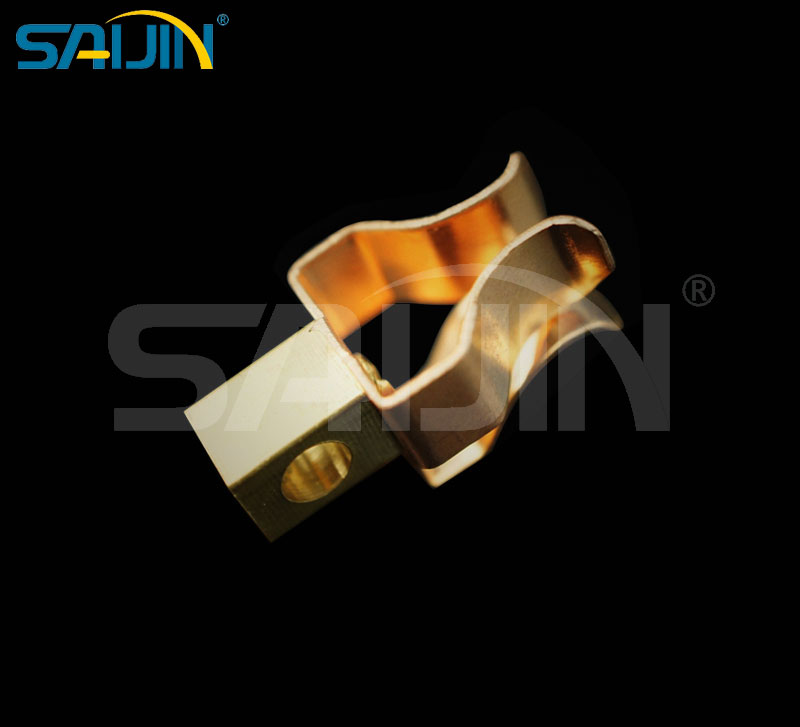What is silver alloy wire used for?
Silver alloy wire, a material that blends the inherent advantages of silver with the enhanced properties of other metals, has become indispensable in numerous industries. Its unique combination of conductivity, durability, and versatility makes it a go-to choice for applications ranging from high-tech electronics to intricate jewelry. This article explores its definition, diverse uses, advantages.
What is silver alloy wire?
Silver alloy wire is a type of wire formed by combining silver with one or more other metals (such as copper, nickel, gold, or palladium). The addition of these metals aims to:
Improve specific properties of pure silver (enhance strength, increase hardness, improve wear resistance, or reduce costs)
Retain many of silver's excellent inherent characteristics
Make it a versatile material with wide applications
Application of silver alloy wire
1. Electrical and Electronic Components
Due to its excellent electrical conductivity, silver alloy wire is widely used in:
Manufacturing various wires, connectors, and switches
Integrated circuits as a key conductor for efficient current transmission
High-frequency circuits (low resistance minimizes signal loss)
Relays and capacitors (contributes to stable operation)
2. Medical Devices
Thanks to silver's antimicrobial property, silver alloy wire is used in:
Surgical instruments (prevents bacterial spread)
Implantable medical devices (e.g., pacemaker leads) due to:
Biocompatibility, corrosion resistance in the body's environment
3. Jewelry
In the jewelry industry, silver alloy wire is popular because:
It offers a good balance of malleability and durability
Allows artisans to create intricate designs (delicate chains, filigree work, gemstone setting)
Alloys like sterling silver (silver + copper) are more resistant to tarnishing than pure silver
4. Sensors and Antennas
Silver alloy wire is utilized here for its high electrical conductivity and stability:
In sensors: Ensures accurate transmission of electrical signals for effective environmental detection
In antennas: Enables efficient transmission and reception of electromagnetic waves (suitable for mobile phones, radio equipment, etc.)
5. Solar Panels
Silver alloy wire plays a crucial role in:
Production of busbars and fingers (collect and conduct electricity generated by solar cells)
Ensuring minimal energy loss, thus improving overall solar panel efficiency
6. Other Applications
Aerospace industry: Used in electrical systems of aircraft and spacecraft (reliable and withstands extreme conditions)
Automotive sector: Employed in various electrical components
Decorative arts: Creation of metal artwork and ornaments
What are the advantages of silver alloy wire?
Excellent electrical conductivity (crucial for efficient current transmission in electrical/electronic applications)
Good antimicrobial properties (suitable for medical and hygiene-related products)
Higher strength and hardness than pure silver (enhances durability and wear resistance)
Improved corrosion resistance (performs well in various environments)
Adjustable cost via alloying (more economically viable while retaining key properties)
Summary
Silver alloy wire, formed by combining silver with other metals, is a versatile material with a broad range of applications. It is widely used in electrical and electronic components, medical devices, jewelry, sensors, antennas, solar panels, and more. Its advantages, including excellent conductivity, antimicrobial properties, enhanced strength, and cost-effectiveness, make it a valuable choice across multiple industries, playing an important role in technological development and daily life.
FAQ
Q1. What is the difference between silver alloy wire and pure silver wire?
A: Pure silver wire has extremely high conductivity but is soft and prone to wear. Silver alloy wire, by adding other metals, gains higher strength, hardness, and corrosion resistance while retaining good conductivity, making it more suitable for complex application environments.
Q2. How to choose the right silver alloy wire for different applications?
A: Consider the key requirements of the application: prioritize conductivity for electronics, antimicrobial properties for medical use, malleability and tarnish resistance for jewelry, and corrosion resistance for harsh environments.
Q3.Is silver alloy wire easy to maintain?
A: Most silver alloy wires are low-maintenance. For jewelry, regular gentle cleaning can prevent tarnishing; for industrial uses, their corrosion resistance reduces the need for frequent upkeep under normal operating conditions.
Q4. Are there environmental concerns with silver alloy wire production?
A: Modern production processes often adopt eco-friendly practices. Silver is a recyclable metal, and many manufacturers implement recycling programs to minimize environmental impact, making silver alloy wire a relatively sustainable choice.




